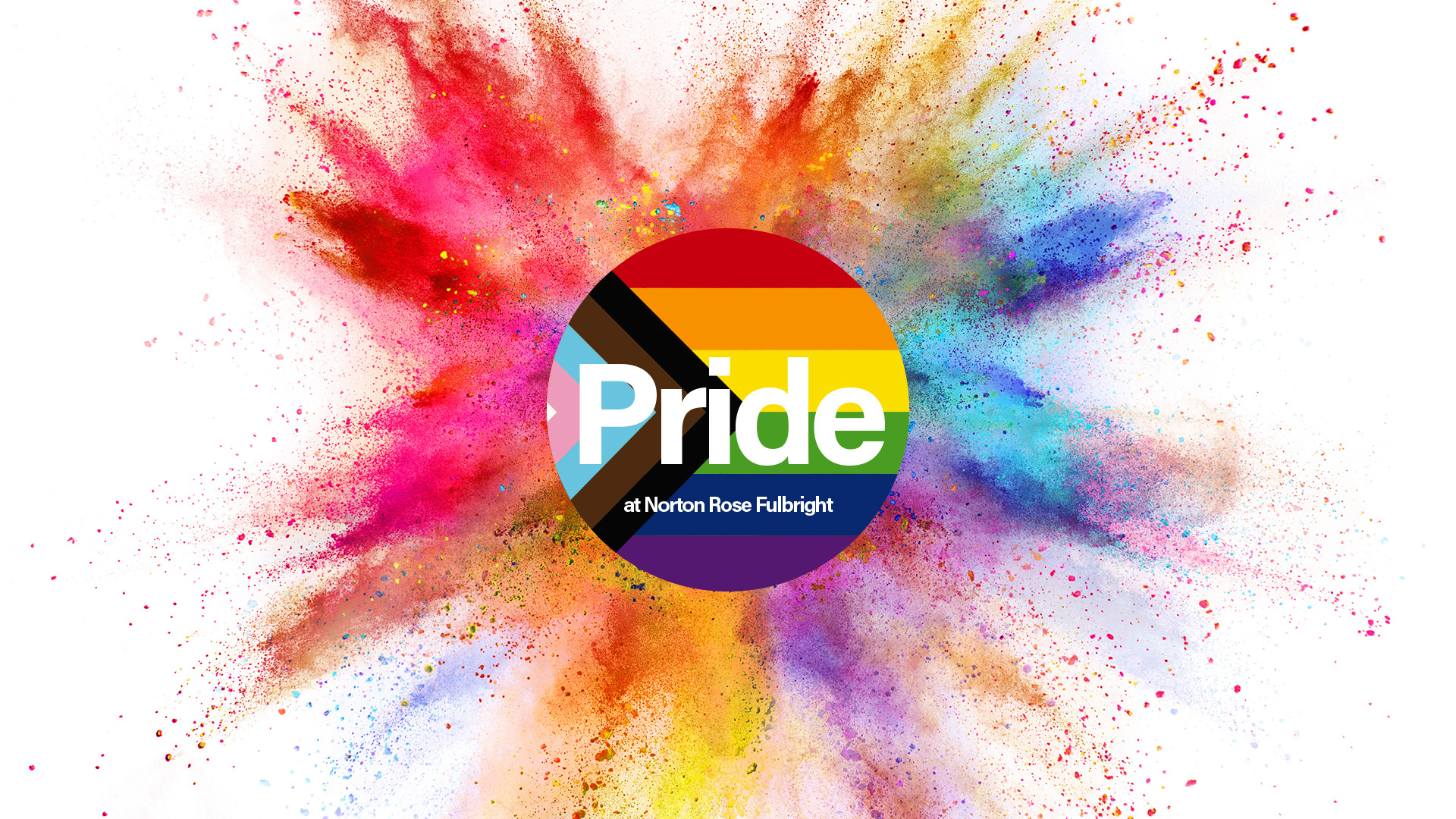In the final interview of our Pride series, we speak to Josh Henderson who has led NRF’s Pride Network across Australia for the past two years.
“I remember the Pride Network being very visible when I joined NRF in 2016 – more so than I had previously experienced,” Josh says.
The shift in workplace culture that Josh has witnessed over the past decade is the result of years of work by the LGBTIQ+ community and allies – but also a function of time, he says.
“From what I see now, younger generations mostly don’t bat an eyelid at talking openly about LGBTIQ+ issues. They’re the ones starting discussions on issues that may be experienced if you are a person on a broad range of gender or sexuality spectrums – say gender fluid or asexual – it’s great to see.”
Josh’s own experiences when he was younger weren’t as positive. When he came out to his family in 2005, it was a difficult time.
“I’d actually been in a relationship with my partner for a year before I came out to my family. I found work an easier environment to be myself in – but, equally, as a white man I know my experience isn’t the same as everyone else’s. You just have to look at what the actor Rebel Wilson has faced in the media recently to see that the experience and timing of coming out is deeply personal and different for each person.”
That is why organisations have a responsibility, Josh says, to be deliberate in their actions to promote visible role models and safe, supportive cultures.
“I didn’t have role models when I was growing up in New Zealand and Australia in the 80s and 90s that I could relate to – very little was portrayed in media. That has certainly changed over time.”
Challenging old stereotypes is an ongoing process. “For example, the leader of the Pride Network in Brisbane , Marshall Bromwich, is a straight ally – but when we met with someone recently on Pride-related business, it was assumed we were a couple. So we still have to keep working at challenging those assumptions and biases.”
Understanding barriers and boundaries
An important area of focus for the Pride Network in Australia is to promote a better understanding of the additional barriers certain groups within the LGBTIQ+ community face.
“A big priority for us, for example, is to look into why fewer LGBTIQ+ women are openly out, particularly in senior positions, in workplaces. That lack of representation makes it harder for others to feel confident about coming out.
“I understand that it’s a ‘double knock’ for women, though. Women already encounter a whole set of stereotypes and barriers before you even get to being LGBTIQ+. Add in other factors for people like religion, ethnicity, even social background, and it’s clear just how different people’s experiences can be in this space.”
That is why we need to take care to observe personal boundaries, too, Josh says. “Colleagues might be out at work but not necessarily with clients – or even with their families. You don’t want to inadvertently out a colleague without their consent!”
And while it’s important to be able to have open conversations with LGBTIQ+ colleagues, people need to be conscious of not asking overly personal questions – things, as Josh says, you wouldn’t ask a straight colleague.
“Those sorts of inappropriate questions can be hard to respond to – you’re not always ready or willing to talk about relationships at work.” It’s almost a form of microaggression, he says. “Consider if someone suddenly asked you a very personal relationship question at the water cooler, even under the guise of curiosity – it would most likely leave you feeling uncomfortable and exposed.”
An example is when the Marriage Equality vote took place in Australia in 2017, and same-sex relationships were the topic of many conversations. “It became exhausting having to explain my relationship and views all the time – but then some people just quietly approached me to say, ‘I want you to know I fully support you’. That was it, no questions, just a supportive sentiment. I appreciated that.”




